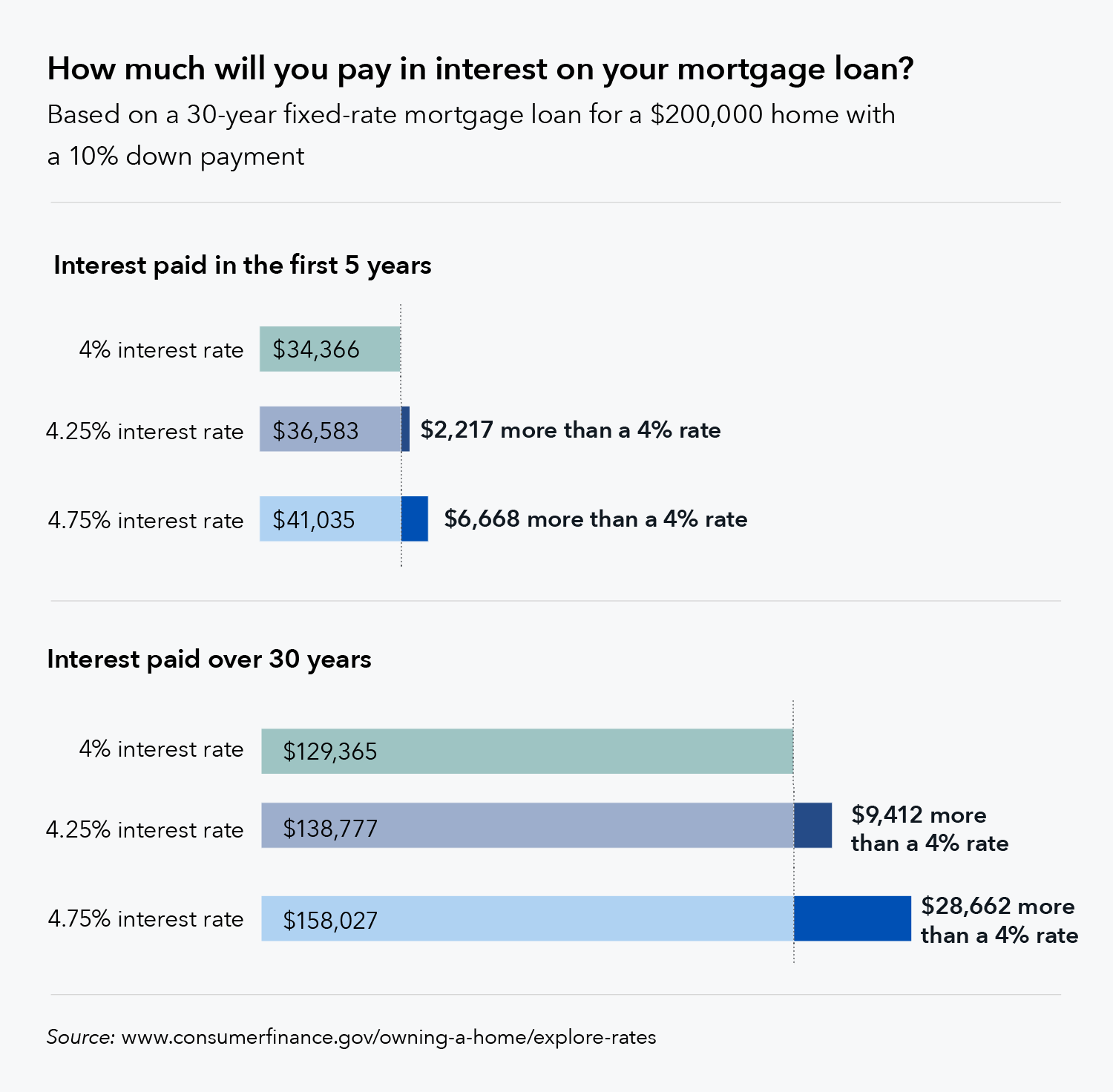However, if your credit history is borderline, you may desire to invest the money to see if it is much better to use now or wait until your score improves. Your credit rating can differ from one credit bureau to another, due to the fact that some information (either positive or negative) might not be on all of your credit reports.
There are in fact some extremely simple guidelines determining which credit rating to utilize. the lower credit report will be utilized. If you have a 700 credit score on Experian and a 680 on Equifax, the 680 score would be utilized. the middle score will be utilized. If you have a 700 on Experian, 680 on Equifax and 660 on TransUnion, the 680 rating would be utilized.
The lower credit history of the two debtors will be utilized. In general, banks and home mortgage companies desire to use the least expensive rating readily available due to the fact that it will likely have taken into consideration all negative information that is available. You will not have the ability to conceal from unfavorable info on your credit report when making an application for a home loan.
According to Timothy Mayopoulos, the Fannie Mae CEO, "some people recommend we slavishly follow FICO. That is not true. We evaluate credit data through own automatic system and form our own judgments about the creditworthiness." In addition to the FICO credit rating, there are a number of underwriting rules being used.
With trended data, lending institutions will have a various view of your payment history. In specific, lending institutions will see if you pay your credit card balance in full monthly or not. Individuals who obtain on their credit cards are, in basic, deemed much riskier than people who use their cards however pay the balance in full on a monthly basis.
So, if you have an outstanding score (due to the fact that of low usage) but never ever pay your balance completely, you could discover it more tough or more pricey to get a mortgage. All of this info can seem frightening. However my guidance remains simple. Only invest on your credit card what you can pay for to pay off completely and on time each month.
8 Simple Techniques For How Many Mortgages Can One Person Have
If you do those two things regularly over time, you will likely receive the finest offers at any lending institution. If you are not making an application for a Fannie Mae or Freddie Mac home mortgage, the credit history is most likely at the discretion of the lending institution. For instance, a bank may have a Jumbo Mortgage item that will be kept on its own balance sheet.
You can definitely ask your loan officer in advance what credit report the bank uses to make choices. However it will vary. Banks usually use some variation of FICO in their underwriting decisions. However, it might be variable in the scoring design, or it could be utilized in a choice matrix together with a custom score or other guidelines.
FICO 8 is a credit-scoring system launched in 2009. Ever since, just a couple of lenders have adopted it. Find more info The huge bulk of lending institutions still count on FICO 2, 4, and 5 ratings, which are all part of a bigger report home mortgage lending institutions can get called the property home mortgage credit report (RMCR).
(EFX), Experian PLC (EXPN) and TransUnion (TRU). Home mortgage lending institutions normally take the middle score from this report. For example, if your credit report from the above agencies are 710, 690, and 610, the lender generally makes its decision based on the 690 score. Nevertheless, more lenders are likely to migrate to FICO 8, so it is very important to comprehend the 5 reasons that it makes ball game different: FICO 8 is more conscious highly-used credit cards.
FICO 8 is more lax to separated late payments, however frequent late payments are penalized more. FICO 8 is more mindful with, and more delicate to, authorized users on charge card. Small-balance delinquencies of under $100 are disregarded. Consumers are divided into many more categorical profiles under FICO 8.

Through April 20, 2021, Experian, TransUnion and Equifax will offer all U.S. consumers free weekly credit reports through AnnualCreditReport. com to help you protect your monetary health throughout the unexpected and unmatched hardship triggered by COVID-19. If you plan to purchase a home in the coming year, taking actions now to spruce up your credit profile can increase your possibilities of receiving a home loan and decrease the quantity of interest you'll be charged on the loan.
Some Known Facts About How Do Escrow Accounts Work For Mortgages.
When you send a mortgage application, they'll inspect your credit reports maintained by one or more of the three national credit bureaus (Experian, TransUnion and Equifax), and the credit history stemmed from those reports. Lenders use credit info to help decide whether they want to provide you a home mortgage and, if Iowa timeshare company so, how much they're prepared to lend you and how much they'll charge you in interest.
The very first step in prepping your credit for a home loan is discovering where your credit presently stands. That suggests examining your ratings, and getting your credit reports from all three credit bureaus (Experian, TransUnion and Equifax) to evaluate the aspects affecting them. You can get a totally free credit report from Experian, Equifax and TransUnion at AnnualCreditReport.
Review each credit report thoroughly to make certain it precisely reflects your https://www.taringa.net/seannaxfwy/the-single-strategy-to-use-for-what-happens-to-bank-equity-when-the-va_335axr credit report - what does arm mean in mortgages. If you get all three reports at the exact same time, don't be amazed if there are minor differences between them. Your loan providers might not report all of your accounts to every credit bureau, or might send updates to the credit bureaus on a little various schedules.
Here are some things to look for when you get your reports: High account balances relative to your credit limits. Paying for your balances will help your credit report. Past-due accounts, charge-offs and accounts in collections. If possible, bring all accounts existing and settle any outstanding collection accounts. Loans or charge account that should not exist (which could indicate criminal activity), and payments incorrectly noted as late or missed out on.
At the same time you're inspecting your credit reports, it's a good concept to take an appearance at your FICO Rating (which you can get free of charge from Experian and other companies). A credit rating distills the contents of your credit report into a three-digit number, so if there are improvements made in your reports, your rating will likely increase when that info is reported to the credit bureaus.
Lenders also use credit rating to assist set the interest rates they charge, with greater credit rating typically translating into lower rate of interest. For example, say you start with a FICO Score of 675. According to the FICO Loan Cost Savings Calculator, you could buy a $300,000 house with a 20% down payment (total loan amount of $240,000) and receive a 30-year fixed home mortgage with a rate of interest of about 3.

Some Known Facts About What Is The Going Interest Rate On Mortgages.
Boosting your score simply a few points, to 680 or more, might qualify you for a rates of interest of 2. 83% conserving you almost $10,000 ($ 9,924) over the life of the loan. Bringing your score as much as 700 might land you a rate of about 2. 65%, saving you an extra $18,000.